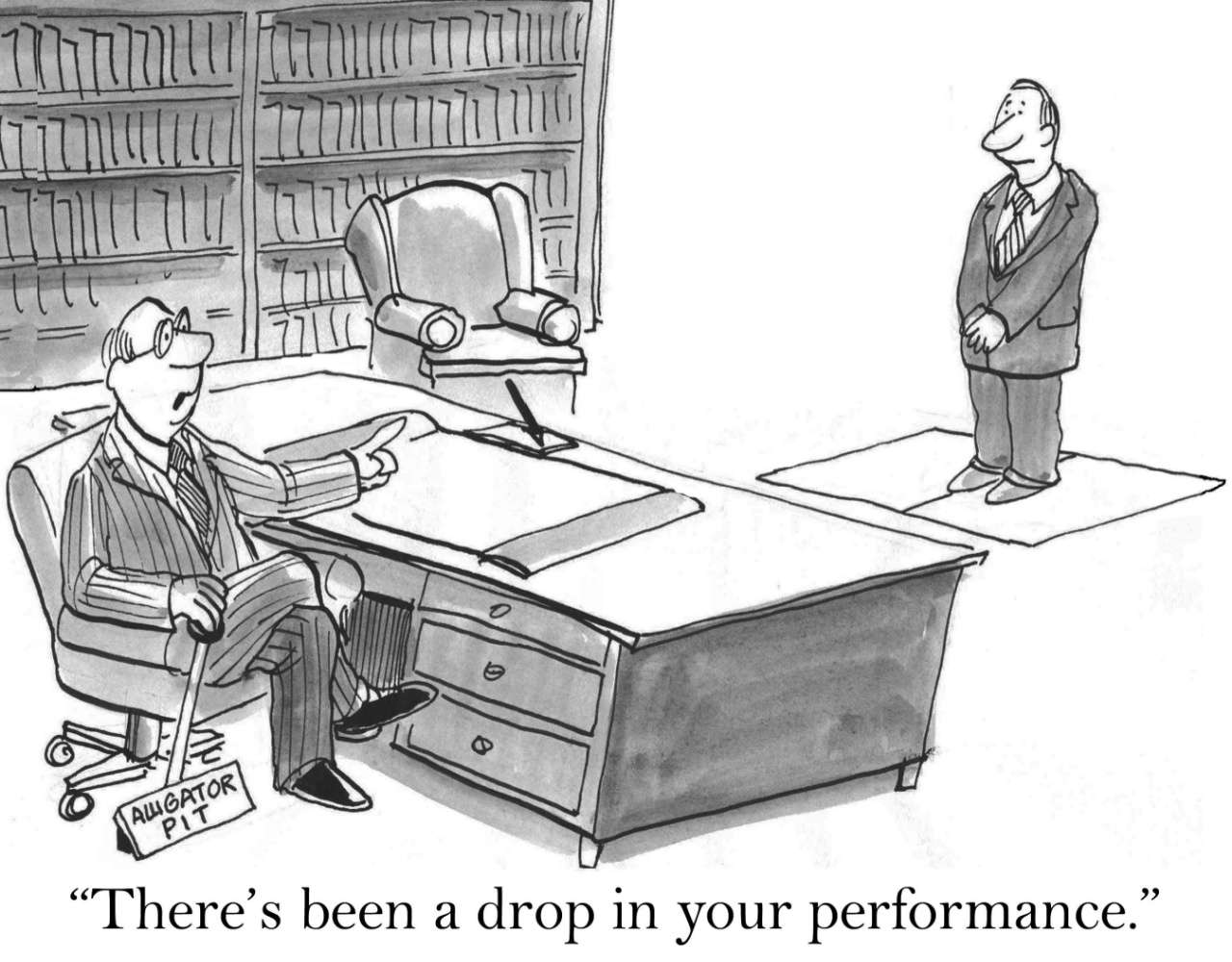How to deliver difficult feedback and generate change
No manager likes to give difficult feedback. For example, talking about an employee’s interpersonal skills can be a delicate and uncomfortable conversation to have, mainly because there is a chance that the employee will react badly.
No good manager wants to fan the flames in a challenging situation, but how can we call a truce while still being kind? Saying words and having them understood is one thing, but using the right approach is key if you want the message to hit home.
Exercising emotional intelligence means taking the time to understand your own emotions and those of the other person. It is also about being aware of how our emotions influence our words and body language. The goal is to be constructive and help the person improve. If you are too emotional about the situation yourself, you will have a hard time being effective without escalating to accusations.
Take the time you need to be calm and think about how to formulate your thoughts and intention for the meeting. Ask yourself why you are criticizing this person—is it out of a desire to help your employee grow, or out of anger or frustration?
Do not come in with preconceived notions. Make sure you are hearing the perspective of the employee whose soft skills you are judging. For example, if you are meeting with an employee who has been disrespectful to a colleague, perhaps he or she did so out of valid impatience or frustration with that colleague. Of course, workplace interpersonal skills are paramount, but knowing why your employee reacted a certain way will help you not only better understand what happened but also better intervene afterwards when delivering your difficult feedback.
Put yourself in your employee’s shoes and try to put into words the emotions he or she might be feeling—frustration, anger, embarrassment, shame, etc. The goal is to create a climate of trust, so that the conversation is positive. That way, it will be easier to discuss possible solutions.

Your intention should be to help your employee grow, not to show that he or she was wrong. Remember: you want to encourage change. Your feedback should therefore motivate your employee to change, not put your employee on the defensive. When preparing for the meeting, think about what you hope to achieve and the impact you would like to have.
Empathy and openness are essential to creating a quality connection that facilitates change. If you start the meeting feeling uncomfortable and defensive, your employee will do the same.
Once trust is established, invite your employee to be an active part of the problem-solving process. What solutions does your employee have to do better in the future? What does he or she take away from this conversation? What will he or she do, in the short and long term, to improve and self-correct?
At this stage, your comments should be specific and actionable. They need to help the person understand what they can do differently to improve. Agree on a game plan that works for both of you.
A good feedback approach brings awareness with a view to personal improvement and development. Punishments, however, create opposition and frustration, and only escalate the problem by putting the employee in self-defence mode. All sensitive situations should be handled with a coaching approach to create the ideal conditions for the employee to understand, reflect on and learn. We use a very similar method when a candidate is unsuccessful in an executive search—how can we tell them what did not work so that they can improve?
— François Piché-Roy, President and Senior Consultant, PIXCELL
Giving feedback on soft skills can be difficult but doing so is important to encourage change. As a manager, it is your role to maintain a work environment where people skills are sharp. You cannot tolerate inappropriate behaviour, but with the right intention, openness and emotional intelligence, it is quite possible to deliver difficult feedback in a positive way.

Technology executive search has never been more strategic – or more unforgiving.

Choosing between insider vs outsider executives is one of the most consequential decisions a board can make.

Hiring the right executive is always important, but when you’re looking for a leader to guide your organization through uncertainty, the stakes are entirely different.